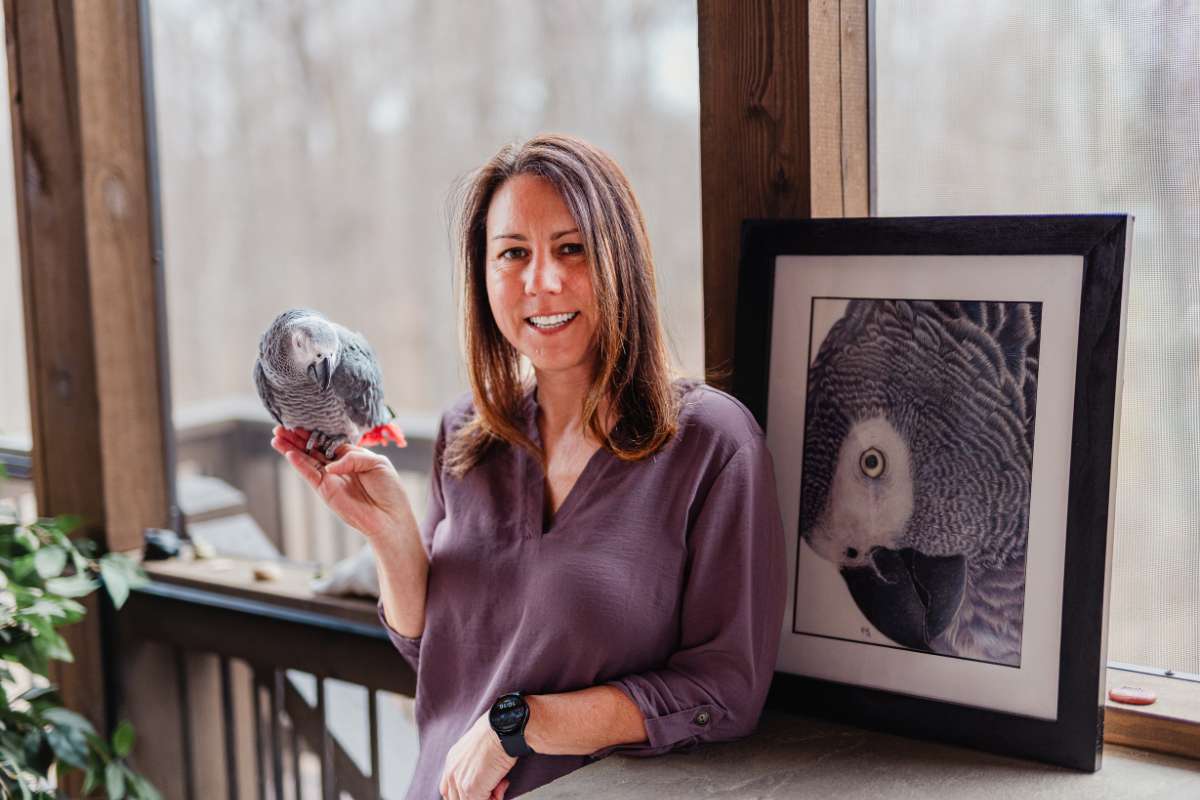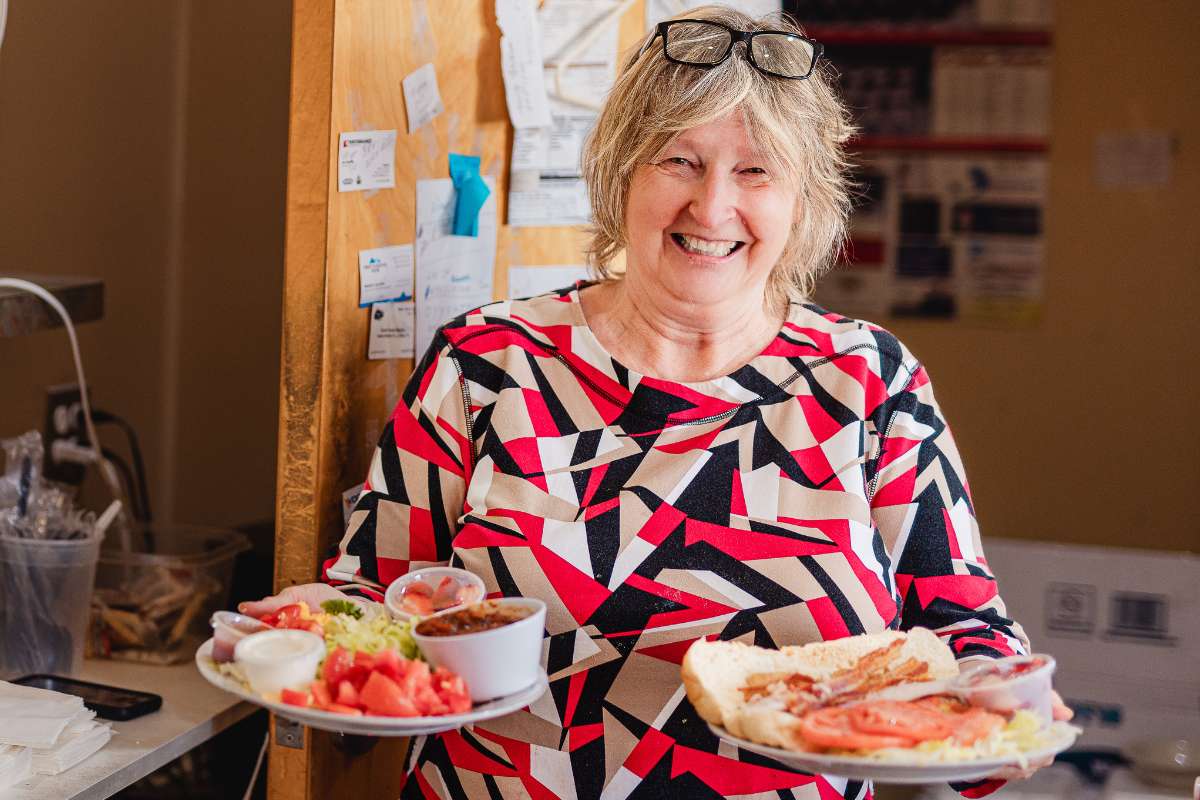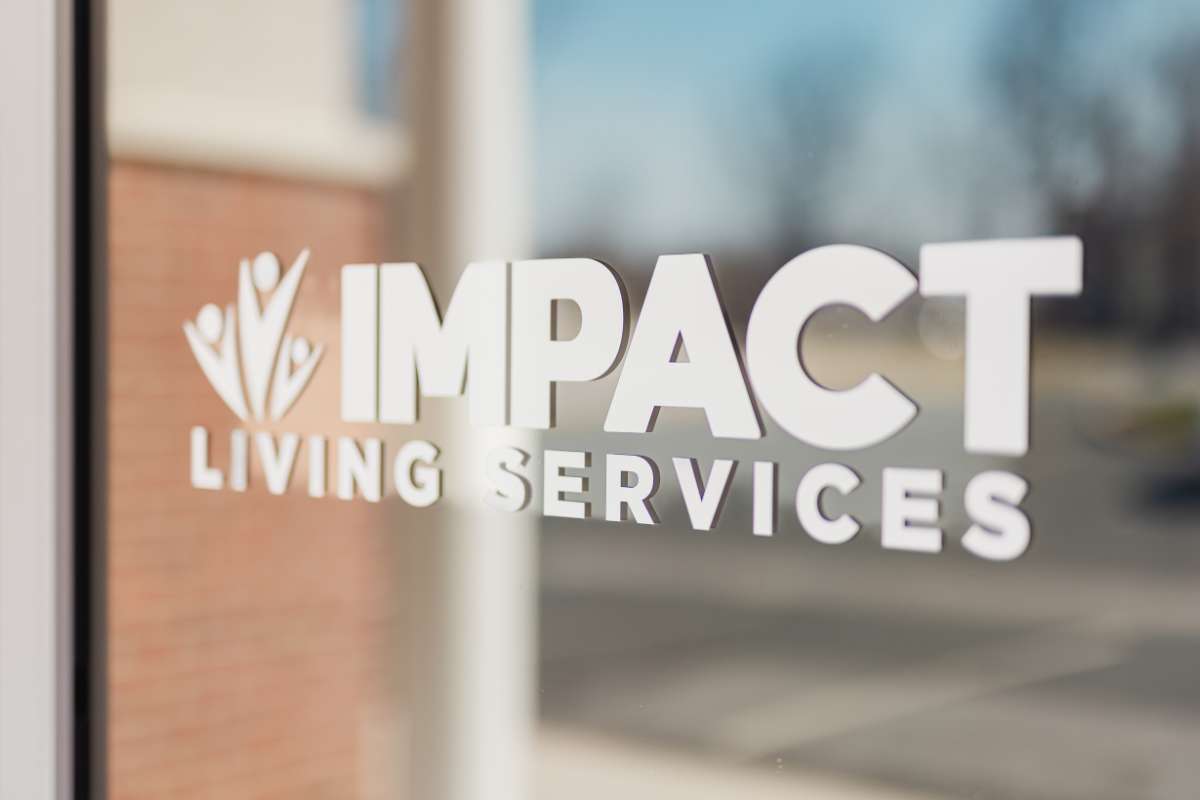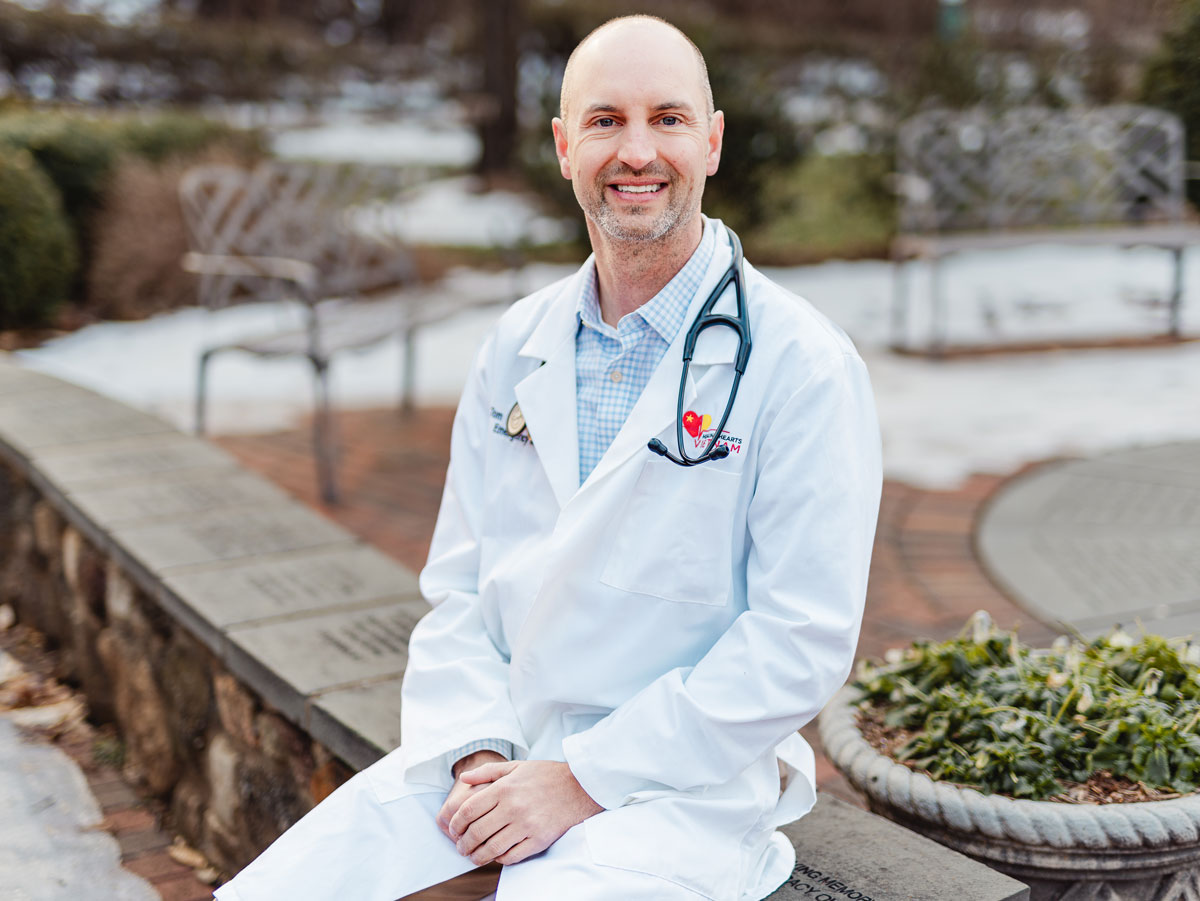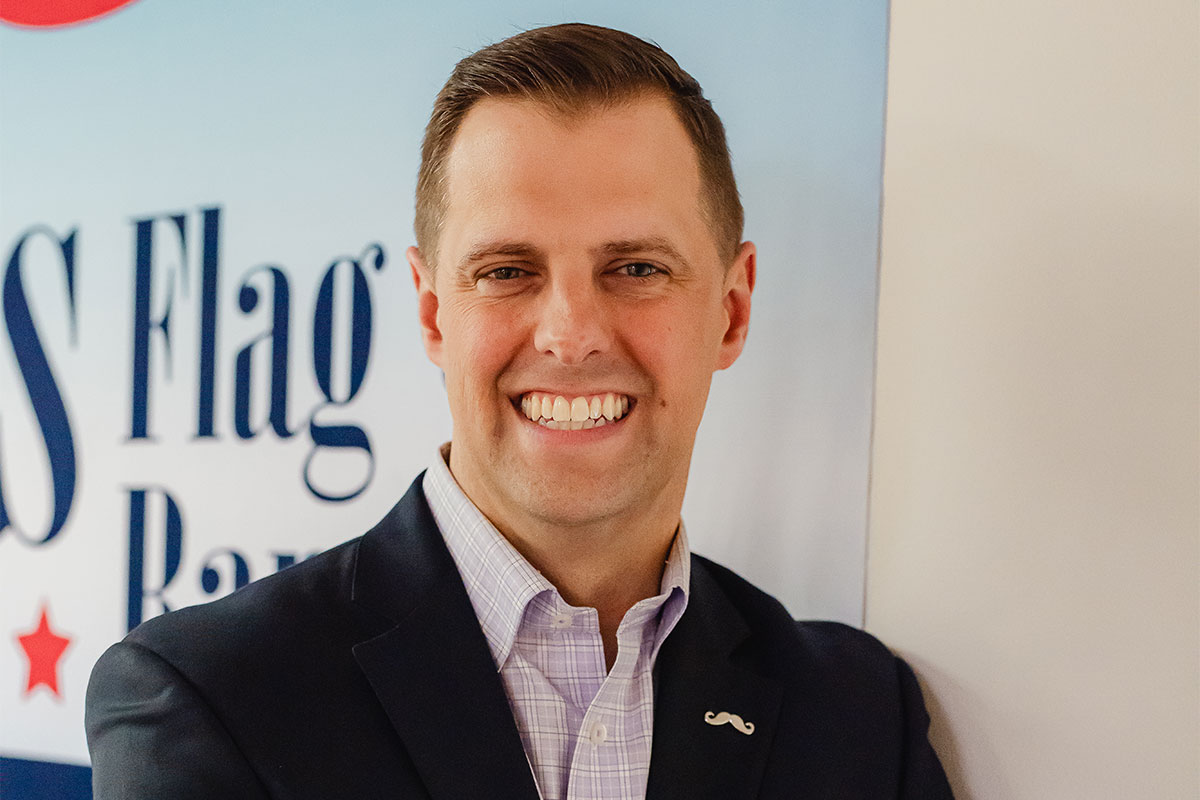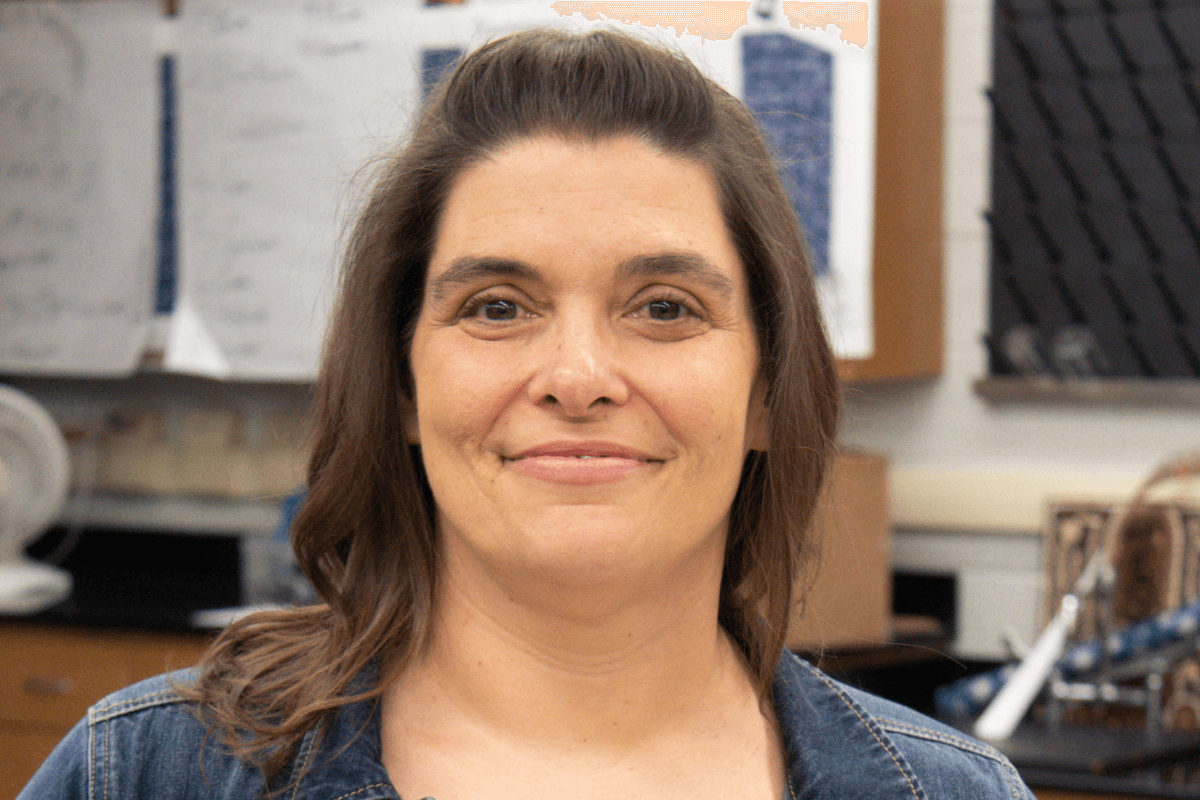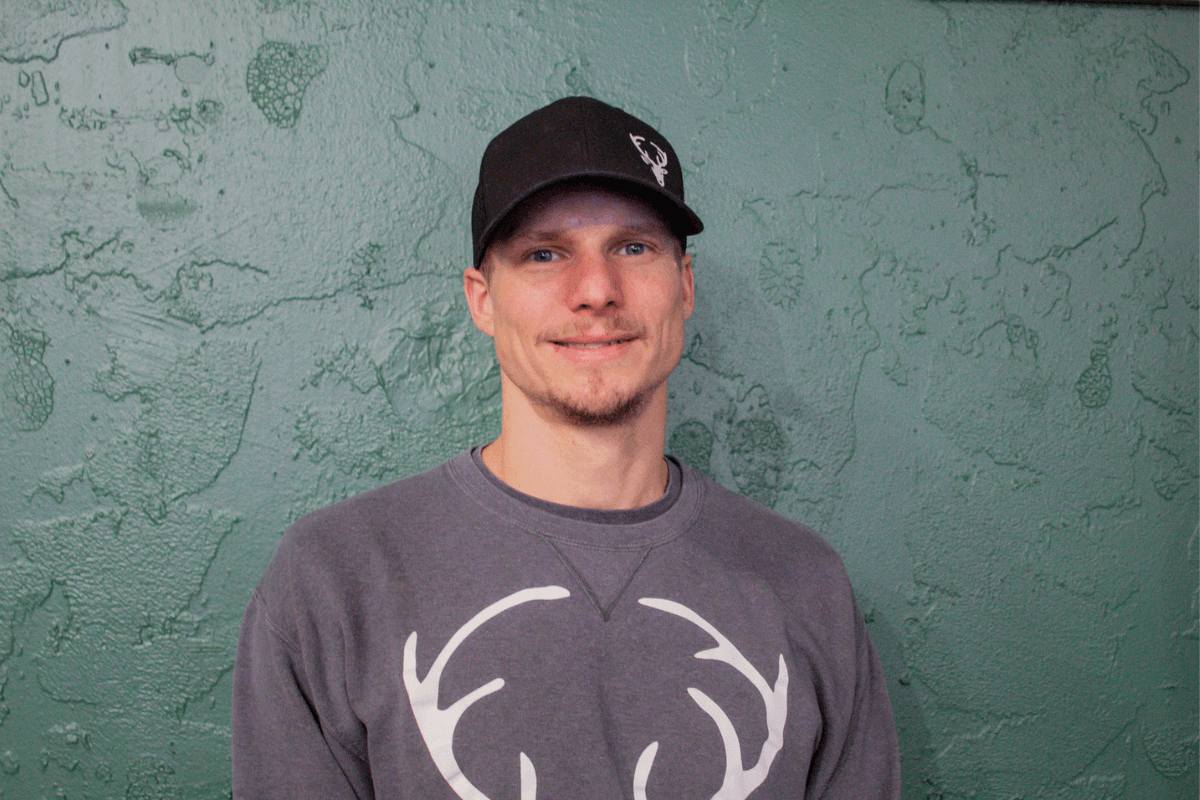In the dimly lit waiting room of a busy clinic, a mother clutches her feverish child, her eyes scanning the room with a mix of desperation and hope. She is one of many parents who face the daunting challenge of securing medical care without insurance or financial means. Finding compassionate health care can feel impossible for families like hers — until they meet someone like Duane Kresge. Kresge has dedicated his life to ensuring every child receives the care they deserve, regardless of their family’s financial situation. His journey from a hesitant nursing student to a devoted advocate for the underserved illustrates the profound impact of empathy and commitment in transforming lives.
Initial reluctance and unexpected twists marked Kresge’s journey into pediatric nursing. As a nursing student, his rotation at Buffalo Children’s Hospital in New York exposed him to critically ill children from underserved communities — an experience that initially steered him away from pediatrics. However, fate had other plans.

His path took an unexpected turn when he joined the Public Health Service and worked in a small, 34-bed Native American hospital in Montana. There, he was thrust into a diverse range of medical scenarios, including pediatric care. Despite his attempts to avoid it, Kresge consistently found himself at the center of critical pediatric cases, whether in the emergency room or during challenging transfers to larger facilities.
“Eventually, the pediatrician [at the Native American hospital] said, ‘Duane, peds is your thing, and you just need to come to grips with that,’” Kresge recalled.
The turning point came during his time with the Air Force, where he again encountered a mix of adult and pediatric patients. His natural aptitude for pediatric care didn’t go unnoticed.
A pediatrician he worked closely with repeatedly praised Kresge’s presence on the floor, noting how it positively impacted patient care.

The final push came when this same pediatrician, recognizing Kresge’s innate talent, strongly encouraged him to pursue a career as a pediatric nurse practitioner. The pediatrician offered to write a recommendation for Kresge’s nurse practitioner school application. This pivotal moment set him on the path to becoming the dedicated pediatric care provider he is today despite his initial resistance to the field.
Kresge said, “I loved the adult side and all the procedures. I even enjoyed psych a lot, but it just seemed like kids started to become my focus. When they asked me to write my application for the Air Force of why I wanted to be a nurse practitioner in pediatrics, I realized how many patients I would see on the floor and how much education was needed because these young recruits — young airmen and their wives having these little babies — they didn’t have the usual family support that you would have in your own community. Supporting them through that was going to be a critical need, and that became my philosophy when I applied.”
After completing his nurse practitioner program through the Air Force, Kresge continued to serve for nine years, honing his skills in pediatric care and precepting, the process in which experienced health care professionals mentor and guide students or new graduates in clinical settings. Upon leaving the military, he joined a private practice in the same town where he had been stationed. This practice aligned with his values, accepting all children regardless of their insurance status, with about 70% of patients on Medicaid.

Kresge’s passion for serving the underserved continued to grow. When he later interviewed for a position in Lynchburg, he encountered a private pediatrician who didn’t accept Medicaid patients. Realizing this conflicted with his mission to provide care for all children, Kresge declined the opportunity. However, this experience led him to connect with Dr. Peter Houck, Johnson Health Center’s (JHC) first director.
Twelve years ago, Kresge found his perfect fit at JHC. The center’s mission is to provide affordable and comprehensive health care with quality services and strong community partnerships to improve access to health care, which resonated deeply with his personal philosophy. There, Kresge could continue his lifelong passion for providing quality pediatric care to underserved communities, regardless of their ability to pay.
As JHC’s associate director of pediatrics, Kresge continues to champion accessible health care for all children.
“I love the fact that I have so many families that come here throughout the years who will say, ‘I was with a private practice, but my husband lost his job, or I lost my job, and now we’re on Medicaid.’ I want them to know that nothing changes. They are as valued here as they would have been any place else.”

As health care evolves, Kresge remains committed to adapting to tools like telemedicine while maintaining the core of compassionate care.
He acknowledged the rapid changes in technology and health care delivery, noting, “There’s nothing that will ever replace as much hands-on care as you can have. I think that’s the gold standard.”
Kresge stressed the importance of providing health care to those who might otherwise fall through the cracks.
“The value of health care for the underserved has been my passion my whole life,” he shared. Every community has a populace of people who are in medical need but don’t necessarily have the insurance or the wherewithal to get that health care. I saw early in my career that it was well worth working for and making a difference for.”
According to Lauren Grimmett, JHC’s associate director of development, the center saw 28,000 patients in 2023 with over 100,000 visits. 56% of these are pediatric patients.
Kresge’s journey from a nursing student hesitant to embrace pediatric patients as a specialty to a passionate advocate for underserved children exemplifies the profound difference one dedicated individual can make in health care. Through his unwavering commitment, he ensures that no child is left behind, regardless of their family’s financial circumstances, embodying the very essence of compassionate and equitable health care. GN

